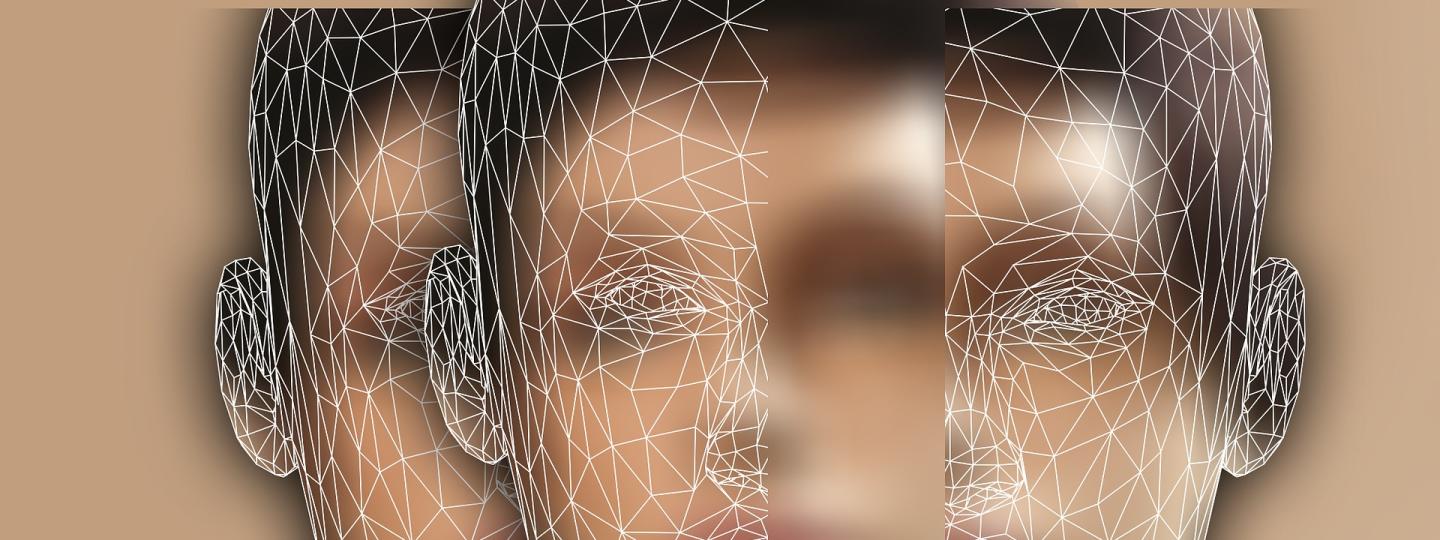Neuroscience is increasing our knowledge of the functioning and structure of the human nervous system at a quickening pace, but at the same time it forces people to consider the motives of their actions and the limits of free will. At the University of Turku, challenges from neuroscience are met with a project combining philosophy, law and psychiatry.
The traditional branches of neuroscience are considered to include, for example, neurology, neurobiology and neuroanatomy, but more and more often neuroscience is perceived as a multidisciplinary field including research from psychology, computer science, statistics, and even physics. Neuroscience can be considered to include all research on the functioning and structure of the central and peripheral nervous systems.
At the University of Turku, research related to neuroscience is also conducted at the Philosophy unit. The Therapeutic and enhancement uses of neuroscientific knowledge (THERENIA) project coordinated by Professor of Philosophy Juha Räikkä explores individual autonomy in the light of the latest results in neuroscience and autonomy theory. In addition, the researchers are studying whether neuroscientific knowledge influences individual autonomy in a different way when it is used for therapeutic purposes than it does when used for human enhancement.
– The latest results in neuroscience can be used not only in treating diseases, but also in improving people’s capabilities past a level that is considered normal. Enhancement is no longer just science fiction, and people’s brain and consciousness can already be altered. It is not clear, however, to which extent a person operating with an enhanced brain is still authentic and autonomous, contemplates Professor Räikkä.
The partners in the international three-year project are teams led by Professor of Law Jennifer Chandler from the University of Ottawa and Professor of Psychiatry Kai Vogeley from the University Hospital Cologne. In addition to Professor Räikkä, the research group at the University of Turku includes Senior Researcher Jukka Varelius and Doctoral Candidate Polaris Koi.
The research they conduct is related to the field of bioethics, a popular, growing field in which the University of Turku has long traditions and even its own Centre of Bioethics.
Is Brain Enhancement Leading to Neural Inequality?
Neuroscience constantly produces new knowledge on human neurophysiology and brain activity. People are mainly positively disposed towards using this information in healing and treating diseases and injuries, but, when the discussion turns towards enhancing people’s mental capacities, attitudes become more critical.
For example, improving the memory of a senior citizen with dementia fits into most people’s ethical standards, whereas increasing the mental capacity of a senior-year student preparing for final exams with miracle drugs would probably raise a few eyebrows. However, this kind of a clear, moral line cannot often be drawn in using neuroscientific knowledge.
– Healing and enhancing both involve making something better, and in neuroscience the difference between the two can be minuscule, says Räikkä.
Human brain activity can be enhanced in many different areas with neuroscience. In addition to memory and intelligence, the brain’s emotional capacity can also be improved. For example, it is possible to enhance someone’s ability to feel empathy.
– It should be kept in mind that what we consider as normal, good or better varies. The imaginary normal level of health and brain activity is a question of definition and open for constant reanalysis, reminds Räikkä.
Genetic enhancement of humans has come a long way, and doping, for example, has been used in sports for a long time. However, it possible to tune the brain to its peak in a whole new way with neuroscientific knowledge.
– Enhancing the brain is by no means a new phenomenon. Mundane matters such as education and bringing up children involve enhancing the brain, but they are not thought as externally directed improvement but individual inner growth and development – independently achieved, autonomous activity, explains Räikkä and adds:
– If the brain would be improved with a miracle drug, it would no longer be a person’s own effort and the autonomy of such a person could be challenged.
One threat related to neural enhancement is that it would increase the inequality of opportunities as well as injustice.
– It's likely that the methods for brain enhancement would be available only for the selected few, and individual opportunities to influence one’s position and fate could decrease.
Does Neuroscience Exempt Criminals from Liability?
Neuroscience can also be used in jurisdiction. In the THERENIA project, the impact of neuroscience on individual autonomy is studied with actual court cases.
– In our project, we are studying Canadian court cases and are currently looking for similar data from Germany. However, we are not conducting comparative research but giving a form to hypotheses in real life – within a legal system in a single state, explains Jukka Varelius who is studying the cases in the project.
One studied variable is autism. The connection between autism and crime has been studied for some time. A starting point is that in the autism spectrum disorders the capacity for feeling empathy is often lower. In many instances, a lower capability for feeling empathy is also related to criminal activities.
– Having lower ability for empathy is connected to the question of responsibility. If a person cannot understand how their actions affect other people, can it influence the person’s liability in court, contemplates Varelius.
– When we start to understand the mechanisms behind autism better with neuroscientific knowledge, we can ask whether people with autism are more or less accountable for their actions, says Varelius.
– However, we have to remember that autism isn’t a single, uniform state, but a spectrum of disorders that can vary a great deal from one another, he adds.
At the moment, the offender’s liability is already considered case-specifically in courts. The court takes a stand on the individual’s liability when pronouncing the sentence. Liability can be reduced due to a psychological or physiological deviation.
– However, in jurisdiction, we can in principle trace the moment when the individual had control over their activities and therefore responsibility for their actions. Control has an important role in liability. It is thought a person has to have control over their behaviour but also understand the consequences of their actions for them to be considered liable. It’s referred to as fulfilling the epistemic condition and the control condition, explains Räikkä.
As neuroscience reveals more and more about the nature of diseases and disorders, can people, who have previously been deemed criminally unaccountable, be made liable for their actions in the future? And on the other hand, can people, who have been considered liable, be deemed exempt from the crime as our knowledge increases?
– As it is possible to influence emotions with neuroscience, we could ask in the courtroom why the defendant has not taken the existing cures or improvements in order to increase their capacity for empathy, therefore preventing the crime, conjectures Räikkä.
– Despite these hypotheses, we have to be able to make people liable and punish them for their actions also in the future. It is a prerequisite for the function of any organised society. Even though we are at the mercy of causal forces, we have to be committed to certain common rules. Otherwise, society wouldn’t function, states Räikkä.
Are People like Machines Controlled by Their Nervous System?
In the THERENIA project, the central studied values are individual autonomy, well-being, and human dignity. The researchers are interested in how the neuroscientific results can on the one hand support and on the other weaken individual autonomy.
The point of view that highlights the domination of neurobiology over individual’s actions paints a very machine-like picture of people, crumbling the concept of individuals being in charge of themselves.
– It is sometimes argued that neuroscience has proven that humans do not have free will. According to this view, our actions are guided only by evolutionary and neurological mechanisms and we have no control over them. However, several other motives also prompt people's actions and not everything can be exhaustively explained by neurology, ponders Räikkä.
– Let’s think about eating a sandwich. Obtaining nutrition is a primitive need: you have to eat in order to live. It’s easy to think that this action is autonomic where no individual guidance is needed. Nonetheless, eating a sandwich involves several choices, some of them even ethical.
The relationship between causal forces and individual autonomy fascinates philosophers endlessly and the THERENIA project is part of this continuum. The purpose of the project is to produce effective knowledge for decision-making, clinical practice, and the justice system, but it is not aiming at ultimate truths.
– The discussion on free will is part of a 2000-year-old debate and most probably we won’t be able to give the final answers, laughs Räikkä.
Text and photo: Tilda Junko
Illustration: Gerd Altmann
Translation: Mari Ratia

